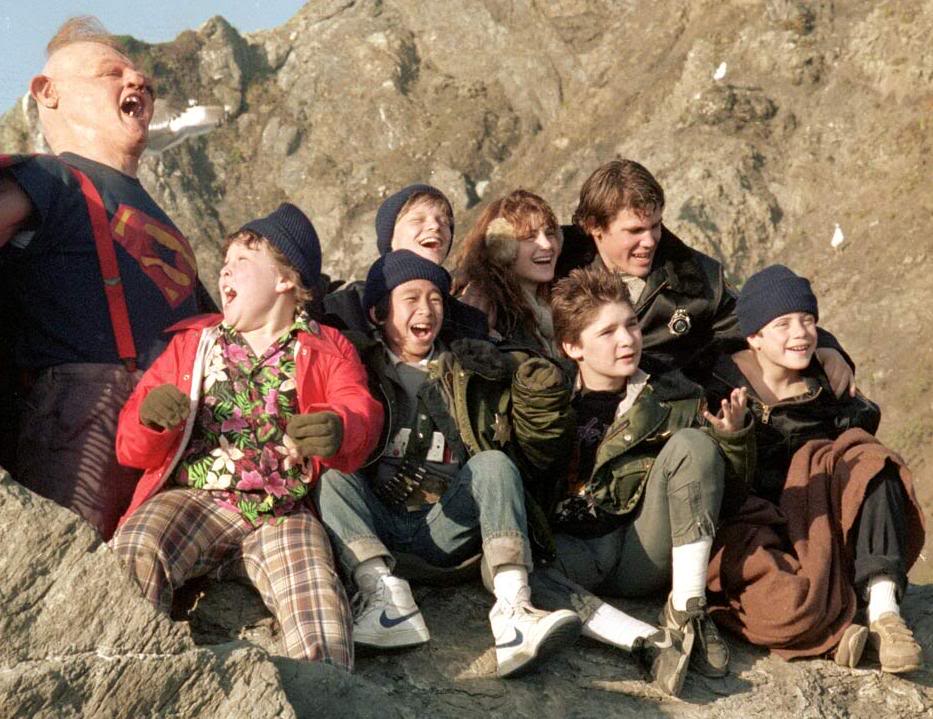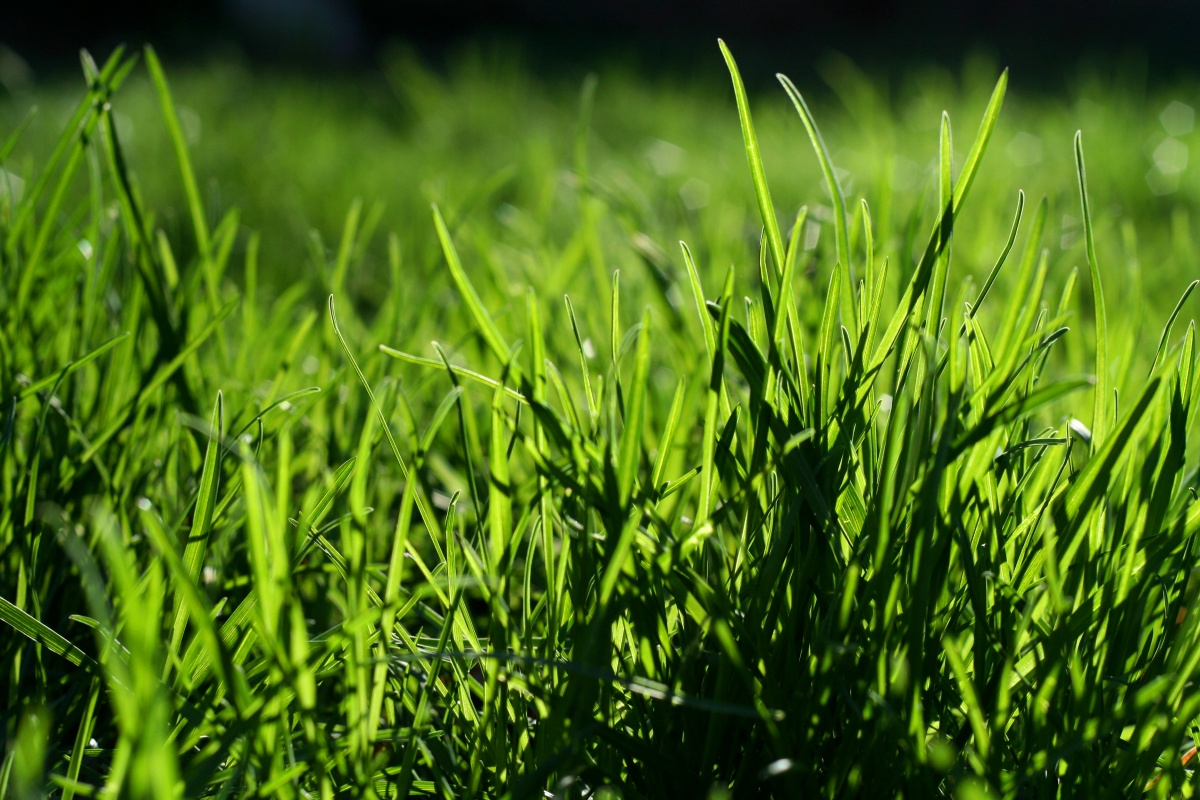One of my favorite movies is The Goonies because it’s about a bunch of average kids that are faced with a gigantic problem, and instead of waiting around for permission, or making excuses about their bad fortune, they just go. There’s no “x” years of experience before starting. There’s no grandpa Mr. Miyagi guru that revealed the [...]

One of my favorite movies is The Goonies because it’s about a bunch of average kids that are faced with a gigantic problem, and instead of waiting around for permission, or making excuses about their bad fortune, they just go.
There’s no “x” years of experience before starting. There’s no grandpa Mr. Miyagi guru that revealed the ropes at 5 years old. Instead, there’s just some kids with ambition that try their best to repress their fear in order to do good things.
There’s nothing better for stuckness and suckness that adopting the right mindset, and The Goonies helps us do just that. This essay explains what to take away from and what to add to this philosophy to create the ideal mindset moving forward.
My thirteen year old self is smarter than me now
One of the questions I get asked a lot is, “How do I start tricking?” It’s a tough question to answer, yet my thirteen year old self did so just fine by following these two steps: (1) do something on par with your skill level, (2) try to get better. It’s of calculus complexity, I know.
When I started tricking, YouTube didn’t exist. Somehow, through downloading random clips on KaZaA, a few friends and I found Tricks Tutorials, which provided a more sequenced approach. Despite our excitement to get started, reality set in.
How are a few kids with no martial arts or gymnastics training, with no training facility or safety instructor, going to go about flipping around without dying?
At the time, there was a term called a backyard trickster. Backyard tricksters were different in that they were people in the exact scenario described above — they were just kids that wanted to do the stuff, so they walked into their backyard and started trying.

Being a backyarder was a badge of honor, and even had a distinct overtone. Backyard tricksters were a bit less refined and a bit more free in the sport. They didn’t carry over some of the more obsessive traditions of the formal sports upon which tricking was born. You could basically tell who was a backyard trickster and who wasn’t.
So the first part of the mindset: the Goonie part. Just go. Don’t wait for permission. This is the easy part though. Things get trickier from here.
The most important part of the mindset
Once you embrace your role as a Goonie, a backyarder, you have to know what it takes to get better. In The Talent Code, Daniel Coyle writes about something called deep practice (also commonly called deliberate practice), and it’s importance in learning a new skill. Deep practice contrasts play.
- During play, you don’t care about getting better. You only care about having fun.
- During deep practice, you don’t care about fun. You only care about getting better.
These two things aren’t always mutually exclusive, but play alone isn’t enough — things won’t always be fun.
I’ve never played a musical instrument in my life. Throw me in front of some drums, and I’ll bang on them without a problem. The music made will sound terrible, even if I really enjoyed smacking those things. Without intent to get better, I’d just keep banging. For years and years. I’d still be making bad music.
If I ever wanted to get better, I’d have to actively tune in to the mistakes made and reflect on what went wrong and how to improve in the future.
Self reflection is key to improvement
Here was the backyard tricking recipe for improvement: steal your parents camcorder (this was pre-cell phone era, folks, let alone good quality video capable cell phone era), video tape yourself, and then dissect it frame by frame in comparison to another trickster. See what went wrong, right, and what was different overall. Take notes, then go out and try to implement those notes next time.
It was homework, and homework isn’t really fun stuff. Unless you take a different mindset. As Coyle explains:
Deep practice is a strange concept for two reasons. The first reason is that it cuts against out intuition about talent. Our intuition tells us that practice relates to talent in the same way that a whetstone relates to a knife: it’s vital but useless without a solid blade of so-called natural ability. Deep practice raises an intriguing possibility: that practice might be the way to forge the blade itself.
The second reason deep practice is a strange concept is that it takes events that we normally strive to avoid — namely, mistakes — and turns them into skills. To understand how deep practice works, then, it’s first useful to consider the unexpected but crucial importance of errors to the learning process.
A lot of the things you try won’t work. It can be frustrating because you’re probably stuck. Stuckness isn’t fun. But remember: stuckness is what helps you understand Quality. When it takes you six months to land an aerial, you really understand the beauty behind the movement, and you appreciate it much more than any layperson would.
Beyond that, stuckness is what helps you learn.
Without errors you don’t learn. You shouldn’t get down on errors, you should instead use them as a vehicle for more understanding.
The third piece to the mindset
So far, there are two pieces to the backyard mindset:
- Goonieism
- Deep practice
The last one is about expectations, specifically as it relates to the last sentence in the cited The Talent Code passage: the unexpected yet crucial importance of errors.
You won’t get everything right on the first try, and I wrote about this not long ago. You can read another similar article here, and that’s where the following passage comes from.
Anyone can do this stuff . . . except anyone that expects a magical first piece of artwork. We’ve somehow created a culture that says changing your body doesn’t requiring any mental or physical investment. Just do something and, poof, you win.
Just walk on a treadmill while your mind — under the idea of plasticity — literally melts into nothingness. Just swallow this pill or take that supplement.
Forbid that fundamentally rewiring your body actually be tough. This is captured by one of Robert Sapolsky’s many moments of vulnerable brilliance in his book Why Zebras Don’t Get Ulcers.
“Someone ate a mountain of spaghetti, salad, garlic bread, and two slices of cake for dessert — and that has been transformed and is now partially inside of this test tube of blood? And somehow it’s going to be reconstructed into bone? Just think, your femur is made up of tiny pieces of your mother’s chicken potpie that you ate throughout your youth. Ha! You see, you don’t really believe in the process either. Maybe we’re too primitive to comprehend the transmogrification of material.”
Anguish, self criticism, frustration –
That’s reality. That’s how you get better.
Because when you start there’s a gap between your expectations for yourself and what your current level of abilities allows you to do.
The conclusion
We started off with this idea that you wanted to do something with your body, and this something wasn’t quite as easy as it seemed it would be. You were met with resistance. You still might be met with resistance. Stuckness.
With that stuckness came suckness — the ability to embrace discomfort, knowing that this Journey isn’t a prance through a field of flowers. And the best way to handle that is adopting the right mindset.
The mindset starts with becoming a Goonie, and accepting that you can do great things without experience or permission.
One you become a Goonie, and are out there doing things, you have to keep in mind that deep practice is what drives improvement. You can’t just mindlessly float around. You have to strive to get better, and take note of mistakes.
Embrace the mistakes, knowing that you at least have some kind of information: what you did didn’t work. That’s better than nothing, and gives you, at least, a better launch pad.
And now the mindset is in place, in the next essay, we can find out how it applies to the over arching Journey.
+++++
Photo Credit: grass